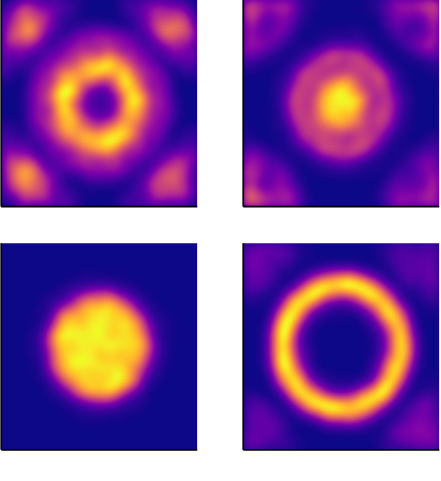
Efficient Multi-Robot Coverage of a Known Environment
In IEEE/RSJ International Conference on Intelligent Robots and Systems (IROS) 2017.
This paper addresses the complete area coverage problem of a known environment by multiple-robots. Complete area coverage is the problem of moving an end-effector over all available space while avoiding existing obstacles. In such tasks, using multiple robots can increase the efficiency of the area coverage in terms of minimizing the operational time and increase the robustness in the face of robot attrition. Unfortunately, the problem of finding an optimal solution for such an area coverage problem with multiple robots is known to be NP-complete. In this paper we present two approximation heuristics for solving the multi-robot coverage problem. The first solution presented is a direct extension of an efficient single robot area coverage algorithm, based on an exact cellular decomposition. The second algorithm is a greedy approach that divides the area into equal regions and applies an efficient single-robot coverage algorithm to each region. We present experimental results for two algorithms. Results indicate that our approaches provide good coverage distribution between robots and minimize the workload per robot, meanwhile ensuring complete coverage of the area.
More Info
Efficient Nonmyopic Active Search
In 34th International Conference of Machine Learning 2017.
Active search is an active learning setting with the goal of identifying as many members of a given class as possible under a labeling budget. In this work, we first establish a theoretical hardness of active search, proving that no polynomial-time policy can achieve a constant factor approximation ratio with respect to the expected utility of the optimal policy. We also propose a novel, computationally efficient active search policy achieving exceptional performance on several real-world tasks. Our policy is nonmyopic, always considering the entire remaining search budget. It also automatically and dynamically balances exploration and exploitation consistent with the remaining budget, without relying on a parameter to control this tradeoff. We conduct experiments on diverse datasets from several domains: drug discovery, materials science, and a citation network. Our efficient nonmyopic policy recovers significantly more valuable points with the same budget than several alternatives from the literature, including myopic approximations to the optimal policy.
More Info
